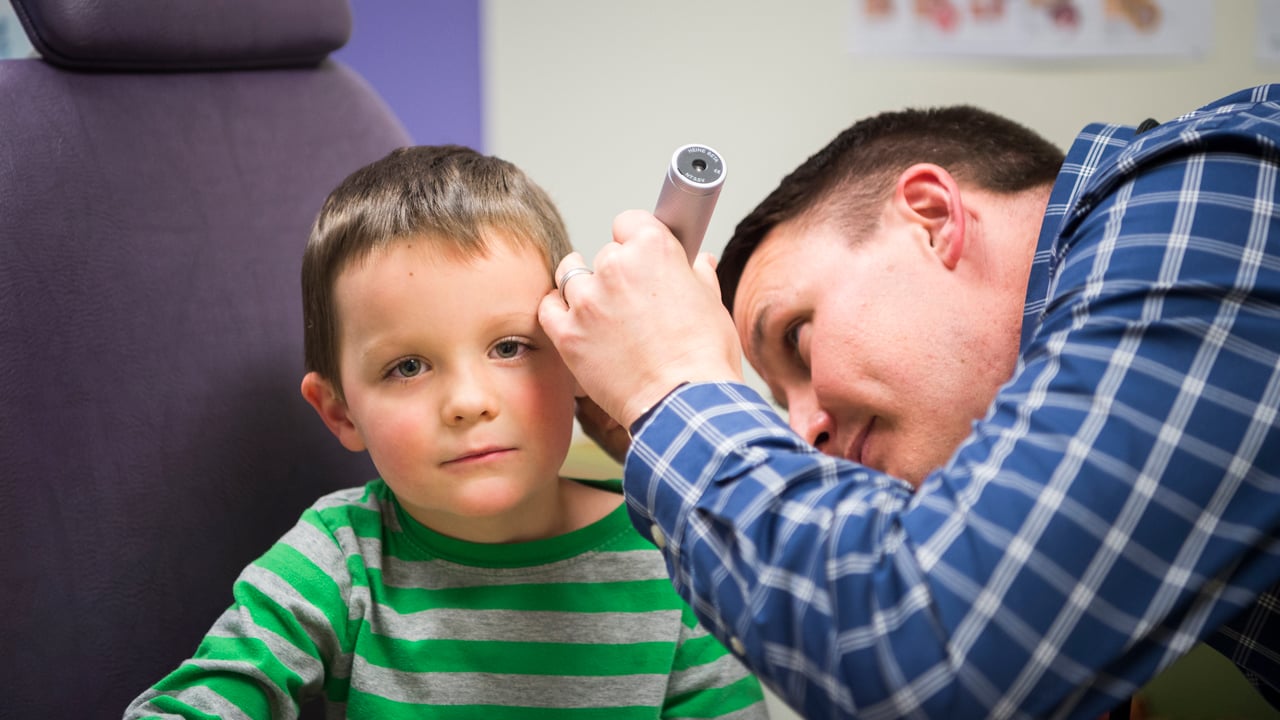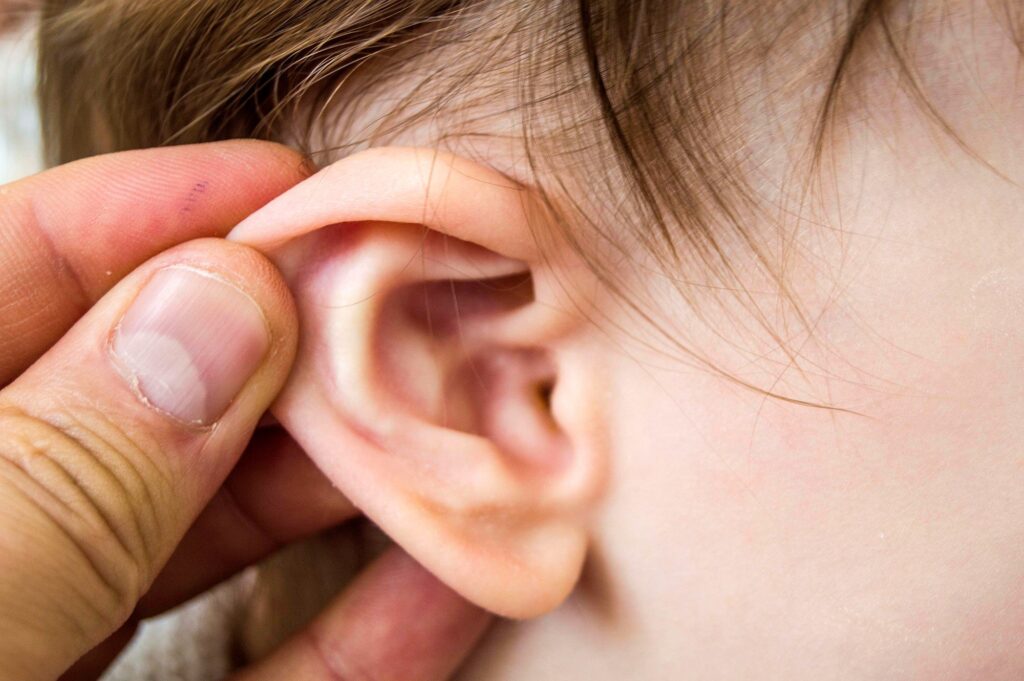
Parents want their children to stay healthy and happy. But more often than not, children face issues that need a specialist’s care. One such specialist is an Ear, Nose, and Throat doctor, often called an ENT. Many parents may feel nervous when their child needs to see an ENT.
For parents, seeing a child in pain can be heartbreaking. If you find yourself in need of expert care for your child’s ear infections, nasal obstructions, sore throat concerns, fever, speech or voice issues consider consulting the ENT specialist in Singapore for personalized and professional treatment
Here are five common reasons children visit an ENT and what parents can expect.
Table of Contents
1. Ear Infections

Source: www.emergencyphysicians.org
Ear infections top the list of reasons for an ENT visit. Children have shorter eustachian tubes, which makes them more prone to infections. When a child has an ear infection, they might tug at their ear, cry more than usual, or struggle with sleeping. Some children may also have a fever. For parents, seeing a child in pain can be heartbreaking.
An ENT helps by checking if the infection is serious. Sometimes, ear infections clear up on their own. But if they happen often or cause a lot of pain, an ENT might suggest treatment. This could include antibiotics or, in some cases, ear tubes. Ear tubes help prevent fluid from building up in the ear, reducing the chance of future infections.
Regular check-ups after treatment ensure the ear heals properly. Parents should note any signs of recurring infections and report them to the ENT. Early intervention can prevent complications, such as hearing loss or speech delays.
2. Tonsillitis

Source: ysm-res.cloudinary.com
Tonsillitis occurs when the tonsils, located at the back of the throat, become inflamed. Children with tonsillitis often have a sore throat, trouble swallowing, and swollen glands. They might also have a fever and feel very tired.
It can result from a viral or bacterial infection. If tonsillitis happens frequently, an ENT might consider removing the tonsils. This surgery, called a tonsillectomy, is common and helps children avoid further infections. After surgery, most children recover quickly and experience fewer throat infections.
Tonsillectomy might sound scary, but it often brings great relief. Parents can support their child by providing soft foods, ensuring they stay hydrated, and giving them plenty of rest.
3. Sinus Infections
Children can also suffer from sinus infections, especially after a cold or other respiratory illness. Sinus infections cause stuffy noses, facial pain, and headaches. Some children might also have a cough, bad breath, or thick yellow or green mucus.
Sinus infections can be tricky. They sometimes mimic the symptoms of a common cold. However, if symptoms last longer than ten days or get worse instead of better, it might be a sinus infection. An ENT can determine the best course of action.
For chronic sinus infections, an ENT might recommend treatment to reduce inflammation in the sinuses. Treatment options can include nasal sprays, inhalations, medications, or in some cases, surgery. The goal is to help the child breathe more easily and prevent further infections.
4. Hearing Loss

Source: www.eldoradohearing.com
Hearing loss in children can stem from various causes, such as ear infections, loud noises, or fluid buildup in the middle ear. Sometimes, a child may not respond when called or may struggle to keep up in school. These signs can worry parents, but an ENT can help identify the problem.
The ENT will likely perform a hearing test to assess the child’s hearing abilities. If hearing loss is detected, the ENT will discuss treatment options. Treatment might include hearing aids, surgery, or other therapies, depending on the cause of the hearing loss.
Early detection of hearing issues is crucial. It ensures that children receive the support they need to develop speech and language skills. Regular hearing check-ups, especially for children with a history of ear infections, can help catch problems early. This proactive approach allows for timely interventions, improving the child’s quality of life.
5. Allergies

Source: raisingchildren.net.au
Allergies can cause a variety of symptoms, including a runny nose, sneezing, itchy eyes, and even ear problems. For some children, allergies are mild and only cause occasional discomfort. But for others, allergies can be severe and affect daily life.
When allergies are suspected, an ENT can perform tests to identify what triggers the symptoms. Once the allergens are identified, the ENT will recommend ways to avoid them. Treatment may include medications, such as antihistamines or nasal sprays, and in some cases, allergy shots.
Parents can help by keeping the home environment free of common allergens, such as dust or pet dander. Monitoring the child’s symptoms and working closely with the ENT ensures that the child remains as comfortable as possible. Proactive care in managing allergies can also prevent secondary issues, such as sinus infections or ear problems.
Tips for Parents
Parents play a crucial role in their child’s health. Knowing when to seek help from an ENT can
- Pay Attention: Notice any changes in your child’s behavior, especially if they seem unwell. Persistent ear pain, sore throats, or breathing problems warrant a visit to the ENT.
- Communicate Clearly: When visiting the ENT, describe your child’s symptoms in detail. Mention any patterns, such as frequent infections or allergy flare-ups. This information helps the ENT make an accurate diagnosis.
- Follow Up: If the ENT prescribes treatment, follow up with any recommended visits. Regular monitoring ensures that the treatment works and prevents complications.
- Stay Calm: Medical issues can be stressful, but staying calm helps your child feel more secure. Reassure them that the doctor is there to help.
- Educate Yourself: Learn about your child’s condition. Understanding what to expect can reduce anxiety for both you and your child.
Conclusion
ENT specialists play an essential role in managing common childhood health issues. From ear infections to allergies, they help children overcome problems that might affect their well-being. As a parent, staying informed and proactive can ensure your child receives the best care possible.
Regular check-ups and early interventions can prevent small problems from becoming bigger issues. If your child needs to see an ENT, remember that it’s a step towards better health and a happier, more comfortable life.







